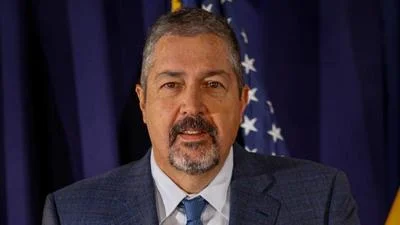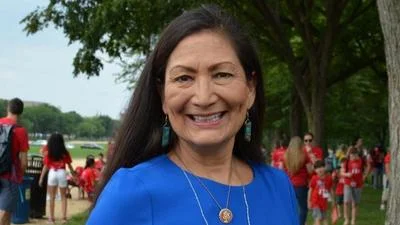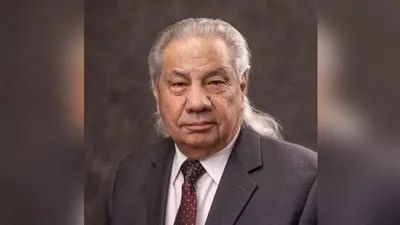As water scarcity intensifies in the western United States, concerns about the ability of Tribal Nations to safeguard their water resources and rights have become more pressing. Although Tribal Nations possess significant legal rights to water within the United States, these rights face ongoing challenges.
According to Wesley James Furlong, a staff attorney at the Native American Rights Fund (NARF), and Lori E. Blumenthal, a student at Alexander Blewett III School of Law at the University of Montana, "While Tribal Nations hold significant rights to water within the United States, history has shown that these rights are constantly under attack. While it has always been understood that states will not help protect Tribal water resources and rights, it has become increasingly clear that neither can (nor will) the United States. It is, therefore, imperative that Tribal Nations exercise their inherent sovereignty and develop their own legal mechanism to protect their water resources and rights."
The authors highlight the importance for Tribal Nations to enforce their own laws and sovereign powers as mechanisms for protection. They note that existing federal court decisions have created a complex legal framework regarding Tribal jurisdiction over non-Indians but few cases directly address when non-Indian actions outside reservations threaten on-reservation tribal water resources.
In an article titled "Water Knows No Boundaries: Tribal Jurisdiction over Non-Indian’s Off-Reservation Conduct that Threatens On-Reservation Tribal Water Resources," Furlong and Blumenthal analyze two recent cases—Manoomin v. Minnesota Department of Natural Resources and Sauk-Suiattle Indian Tribe v. City of Seattle—which are among the first decided by tribal courts on this issue. The article also reviews established legal precedents such as Montana v. United States and Merrion v. Jicarilla Apache Tribe to clarify current standards for tribal civil jurisdiction over non-Indians.
The authors further explore caselaw supporting tribal authority to regulate off-reservation conduct by non-Indians when it poses risks to on-reservation water resources. Their work provides a proposed framework for tribes seeking to assert jurisdiction in such circumstances.
"Water Knows No Boundaries" was published in June 2025 in volume 48 of the Public Land & Resources Law Review at the Alexander Blewett III School of Law at the University of Montana.









